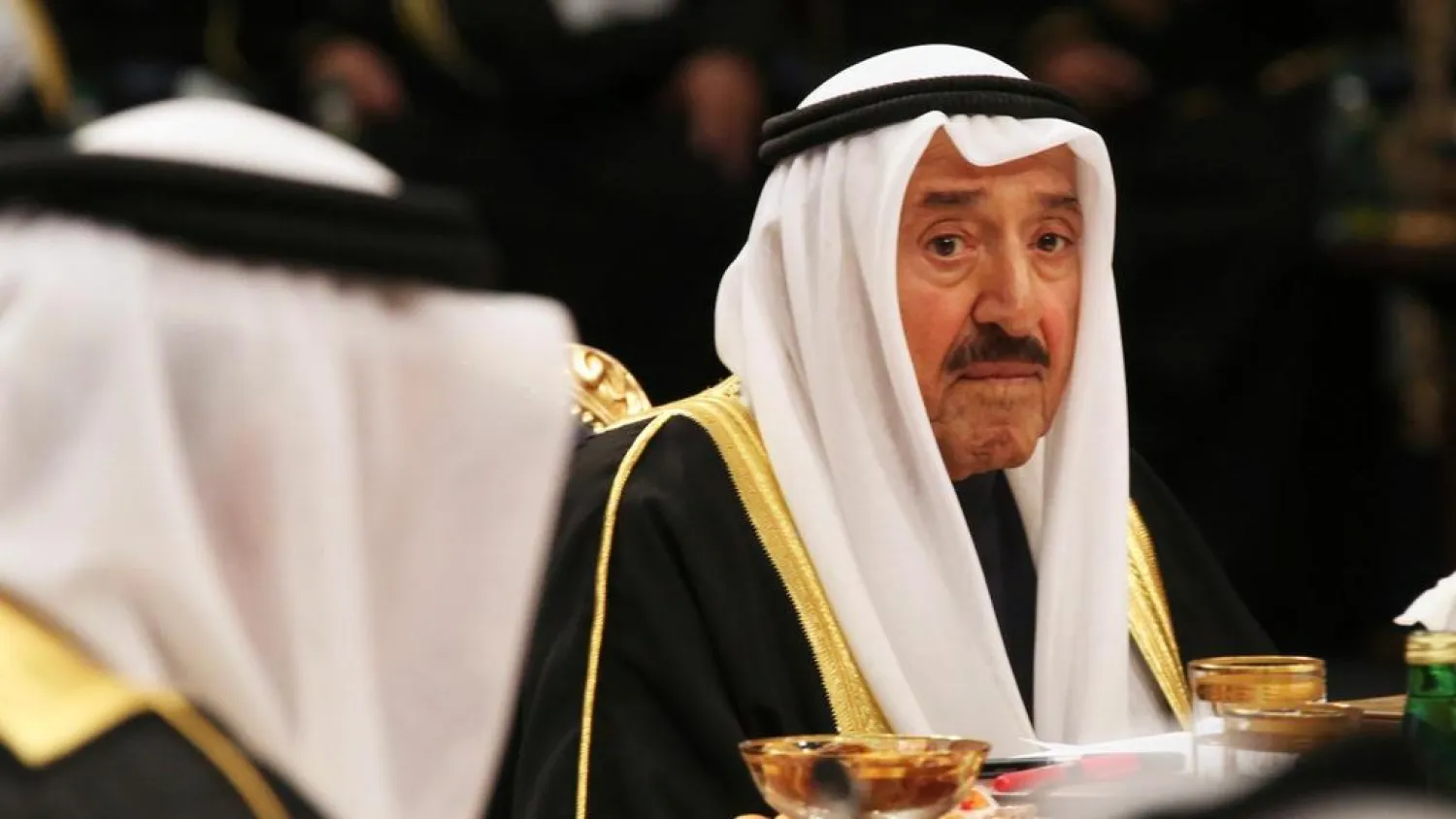Emir of Kuwait Sheikh Sabah Al-Ahmed Al-Jaber Al-Sabah issued on Monday a royal decree to form a new government headed by Prime Minister Sheikh Jaber Al-Mubarak Al-Sabah.
The previous cabinet resigned on October 30 when its acting information minister, Sheikh Mohammed Al-Abdullah Al-Sabah, was questioned by parliament and faced a no-confidence vote over violations of budgetary and legislative rules.
The 16-member cabinet features nine new ministers.
Sheikh Nasser Sabah Al-Ahmed, who is the eldest son of HH the Emir, was appointed first Deputy Prime Minister and Minister of Defense, succeeding Sheikh Mohammed Al-Khaled Al-Sabah.
Shiekh Sabah Al-Khaled Al-Sabah was reappointed as Foreign Minister and Sheikh Khaled Al-Jarrah Al-Sabah as Minister of Interior.
Bakhit Al-Rashidi, a former top oil executive, was appointed the new oil minister of the OPEC member state.
Former Finance Minister Anas Al-Saleh was appointed Deputy Prime Minister and Minister of State for Cabinet Affairs.
Nayef Falah Al-Hajraf who was former head of the Capital Markets Authority will take over the finance ministry.
This is the 35th government in the history of Kuwait since 1962.









